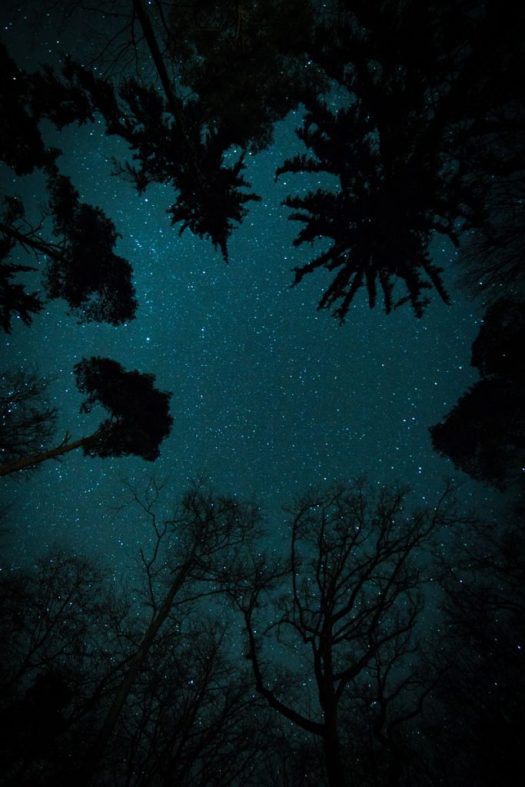
Merry 3rd day of Christmas. Perhaps, like the star atop our tree, you’re knocked sideways, holding tight but barely.
I love our tree, the little fire stove pumping heat next to it, looking out over the quiet carpet of white stretching under the pines behind our house. But this tree’s a quirkster. We cut it because it was the right height and velvety soft, a Michigan fir. But we’ve turned it and twisted it, screwed and re-screwed the base bolts so many times. It leaned to the right. When we fixed that, it leaned left. We straightened it again, and it dipped forward.
Miska finally said, “Well, I think that’s what we have this year.” We chalked it up to 2020 and embraced our little holiday tower of Pisa. And our tilting star. It’s cute, but the Magnolia folks aren’t heading our way for a photo shoot.
Thankfully, all the tree and the star need to do is stand here and evoke wonder. Every night, I unplug the lights, and for a moment, I take in the glow, the warmth, the grace. From this old limpy tree.
It’s genius that Christmastide is 12 days, not one. We couldn’t sustain the emotional high, the expectations, the push. But we can just stand here and lean. We can take in the warmth and wonder of our limpy, marvelous lives. We have 10 more days of joy and grace. Lean or limp, but make certain to laugh. Tilt as needed. Receive what comes. Be curious. Play, waste time. Make merry.
Happy Christmas.








